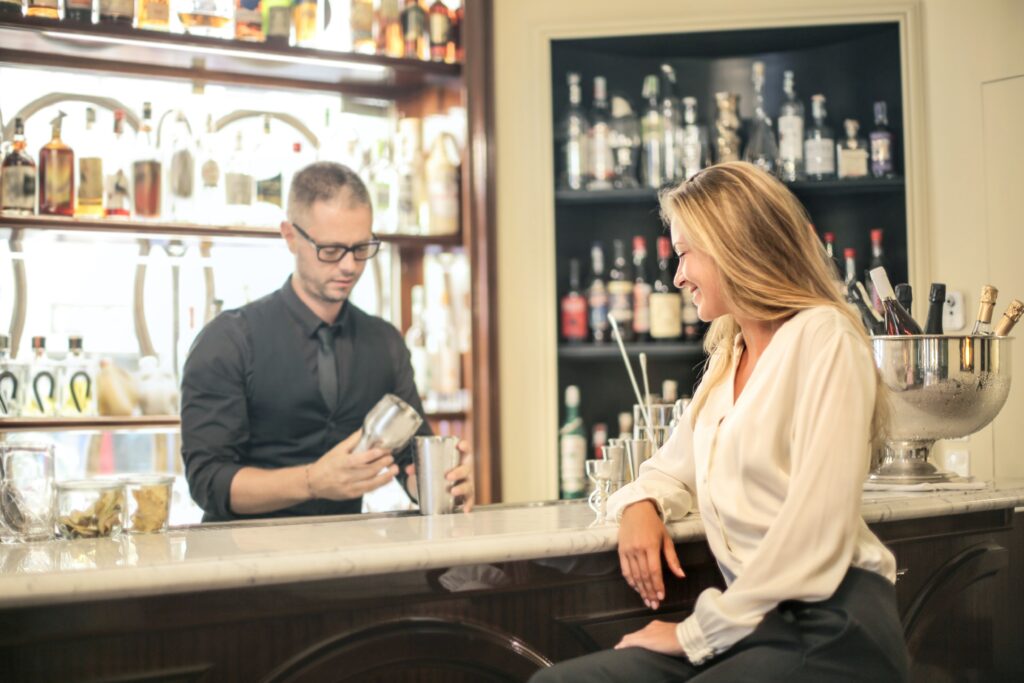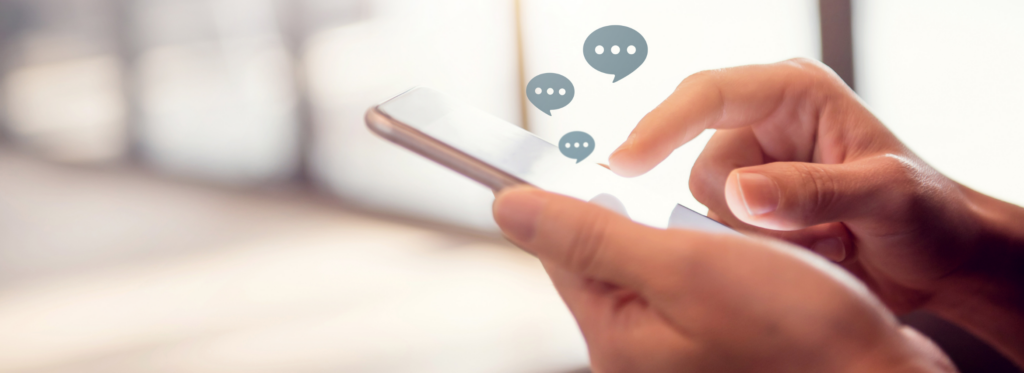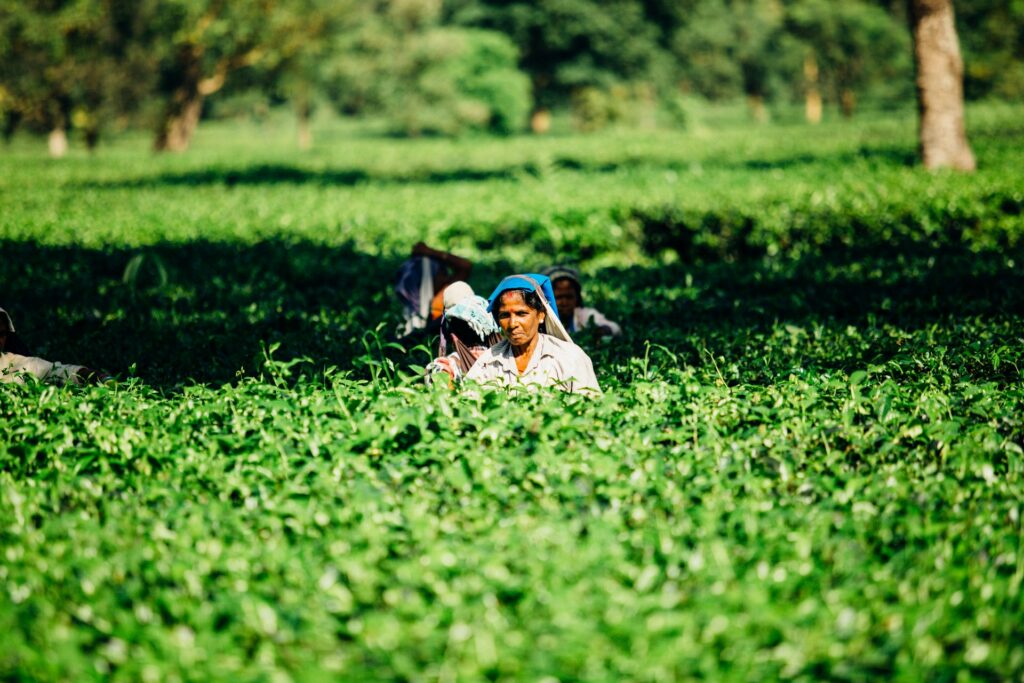How to Implement Technology That Facilitates Social Distancing But Still Maintains A Personal “Touch”

By Yoav Tourel, Managing Director, APAC, Guesty
From global lockdowns to border closures and the complete halt of international travel, it’s safe to say that even after coronavirus, the hospitality industry as we know it will look much different.
In APAC, as in the rest of the world, COVID-19 has acted as a catalyst to the emergence of new travel personas, many of whom are booking short-term rentals over traditional hotel stays to avoid crowded common areas and secure more privacy. These include digital nomads looking for more space or a better-equipped setting now that remote work has become the norm, “city scapers” looking to drive 2-3 hours outside of metropolitan areas for extended periods of time, families who are seeking more outdoor space for their little ones to roam, and more.
Overall, we are seeing that these guests, in addition to preferring longer stays, a functional work-from-home environment and stricter cleaning protocols, are looking for rentals that can provide contact-free stays to limit human interaction as much as possible.
Less human interaction is the new guest expectation
Travellers are rightly worried about face-to-face interaction and prefer to limit exposure with others right now. And with a lower guest turnover rate and fewer “high-touch” surfaces than hotels, private homes are quickly becoming the popular choice.
What does this mean? Short-term rentals aren’t going anywhere, anytime soon – and hosts have to prepare for the increased demand. This means relying on technology to help them achieve this new guest expectation, from keyless entry and contactless check-in procedures to remote staff management tools and automated communication.
Automate traditional face-to-face procedures
COVID-19 has sped up innovation in the short-term rental space, pushing more “old school” property management companies to adopt tech much quicker than they likely would have. This is especially true for traditional check-in procedures, like the age-old key handoff.
As contact-free stays rise in popularity, self check-in and check-out technology will be key to recovery when marketing rentals. Contactless check-in solutions allow guests to complete the entire check-in process without any human contact, coming and going as they please throughout their stay. By checking in via mobile phones and uploading necessary documents in advance, this technology ensures that guests won’t be waiting in close proximity with each other or staff upon arrival.
Hosts should also be incorporating keyless entry technology into their properties to avoid any sort of contact via a physical key drop-off. Some examples of companies that provide such a service include Point Central, Lynx, RemoteLock, Operto and more.
Give your guests the feeling they are talking with you “live”
Guests have always preferred crystal-clear communication with hosts – whether it’s receiving check-in instructions well in advance or recommendations for local activities and restaurants. If pre-COVID guests were worried about checking in seamlessly, now they are also concerned about travel restrictions as well as measures that have been taken to ensure their health and safety.
You can use automated messaging tools to proactively communicate with guests via saved templates in order to share relevant information with them automatically including the steps being taken to prioritize health and address guest concerns. Automated messaging can also support contract-free guest experiences, such as providing self check-in instructions or a keyless entry code 24 hours prior to check-in. Post-stay, an automated messaging flow can be utilized to send previous guests discounts or coupons for future stays.
Utilize technology to manage your cleaning staff remotely
Contact-free doesn’t just refer to guests and hosts, it’s also about limiting contact between hosts and their staff. Making sure hosts and their staff stay safe, coupled with heightened guest sensitivity around cleanliness and safety, has challenged many companies to reposition their operations by revamping their cleaning, staff and guest procedures.
In fact, property operations and services platform Breezeway found that “96% of vacation rental managers feel guests will be more focused on cleanliness and safety when bookings resume.” And in an industry report we published surveying nearly 400 property management companies worldwide on the state of the short-term rental industry, 60% of respondents reported following more stringent cleaning protocols in light of COVID-19. Thus it’s no surprise that hosts are enhancing their housekeeping programs.
In order to make sure that all new health standards are being met, they are also relying on a variety of tech tools to coordinate quality, safety, and cleanliness across properties – at a safe distance. Hosts can utilize the technology that companies like Breezeway, Doinn, Properly and TurnoverBnB offer to manage cleaning staff remotely, with the ability to review cleanings through verification photos and real-time reports to ensure standards are met.
A contact-free future
COVID-19 has made contact-free stays the new standard, rather than a nice perk. As this new normal continues for the foreseeable future, property management companies must adapt to stay ahead of the competition and provide positive, safe guest experiences.






Responses